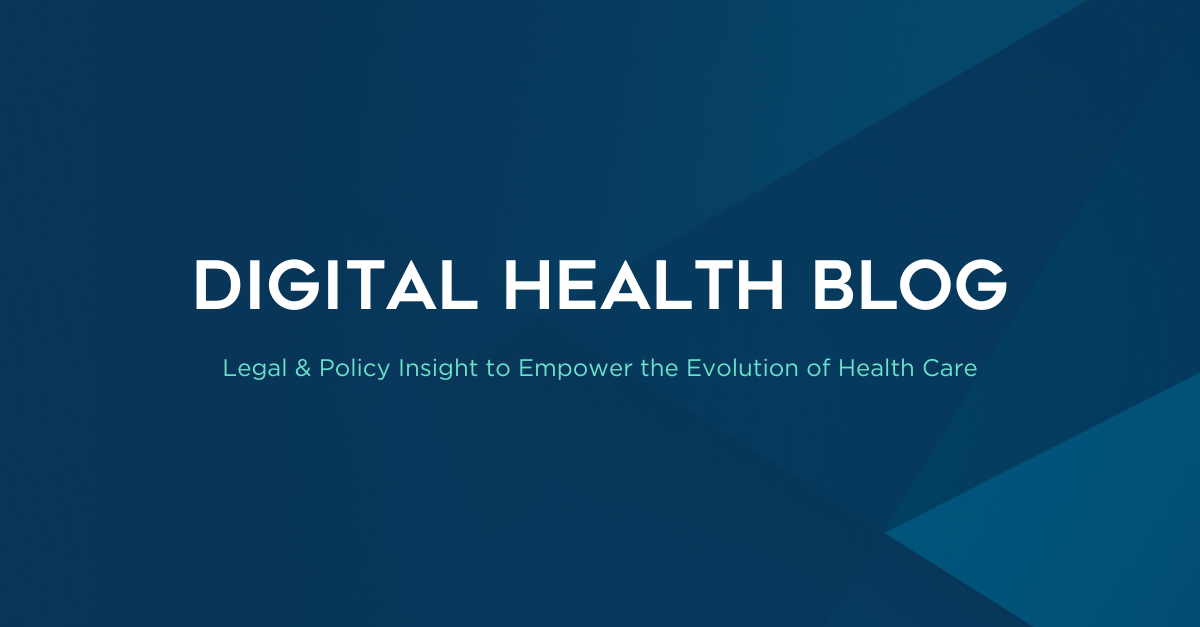Telehealth Waivers Expire, CMS Guidance Released
Government funding has lapsed as of October 1, as well as current telehealth waivers. It is expected that if and when Congress acts on government spending, an extension would be included, but it is not clear when that will occur. CMS released guidance directing Medicare Administrative Contractors (MACs) to implement a temporary claims hold. This standard practice is typically up to 10 business days and prevents the need for reprocessing large volumes of claims should Congress act after the statutory expiration date. Providers can continue to submit claims during this time, but payment will not be made until the hold is lifted. Additionally, CMS reiterated that absent congressional action, many of the statutory limitations that were in place prior to the COVID-19 Public Health Emergency (PHE) will take effect again, and that practitioners may choose to hold claims associated with telehealth services that are not payable by Medicare in the absence of congressional action. CMS noted that clinicians in applicable Medicare Accountable Care Organizations (ACOs) can provide and receive payment for covered telehealth services to certain Medicare beneficiaries without geographic restriction and in the beneficiary’s home. Stay up to date on further information related to government funding and expiring provisions via our website. You can also sign up for our government relations and public policy email newsletter for further updates.
Request for Information on Regulatory Reform on Artificial Intelligence
The Office of Science and Technology Policy (OSTP) is seeking public input to identify federal statutes, regulations, and administrative processes that may hinder the development and adoption of AI technologies in the U.S. This Request for Information invites feedback from industry, academia, government entities, and other stakeholders to help shape future regulatory reforms that promote AI innovation. Comments are due October 27.
FDA Seeks Public Input on Evaluating AI-Enabled Medical Devices
The FDA’s Digital Health Center of Excellence is requesting public comment on methods for measuring and evaluating the performance of artificial intelligence-enabled medical devices. This initiative aims to improve regulatory clarity and foster innovation while ensuring safety and effectiveness. Stakeholders—including developers, clinicians, and researchers—are encouraged to share feedback on evaluation frameworks, performance metrics, and uncertainty quantification. Comments are due December 1.
Durbin, Hawley Join to Introduce Products Liability Cause of Action Bill for AI Systems
Senator Richard Durbin (D-IL) and Senator Josh Hawley (R-MO) introduced the AI LEAD Act. The legislation classifies all Artificial Intelligence (AI) systems, including those incorporated into health care settings, as products, and permits the Department of Justice, state attorneys general, and individuals to bring claims against developers of large language models (LLMs) under traditional products liability doctrine. If passed, developers of AI systems may face increased claims over design defects and be forced to increase transparency regarding development and deployment of AI tools. The legislation follows from Congressional hearings on AI safety and may inspire similar state legislation as both federal and state policymakers seek to establish a new regulatory framework for artificial intelligence.




